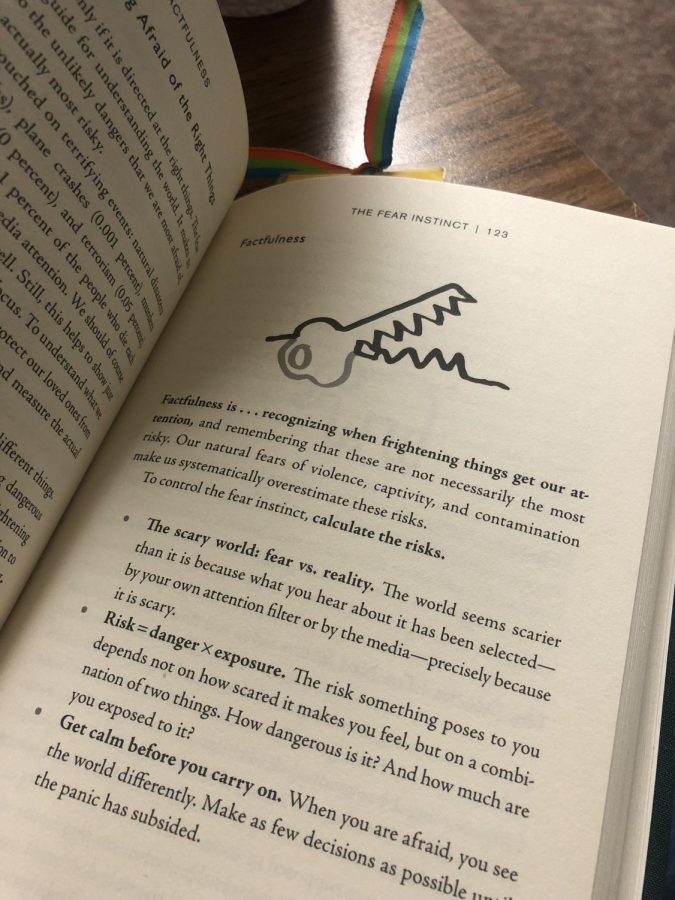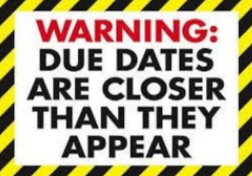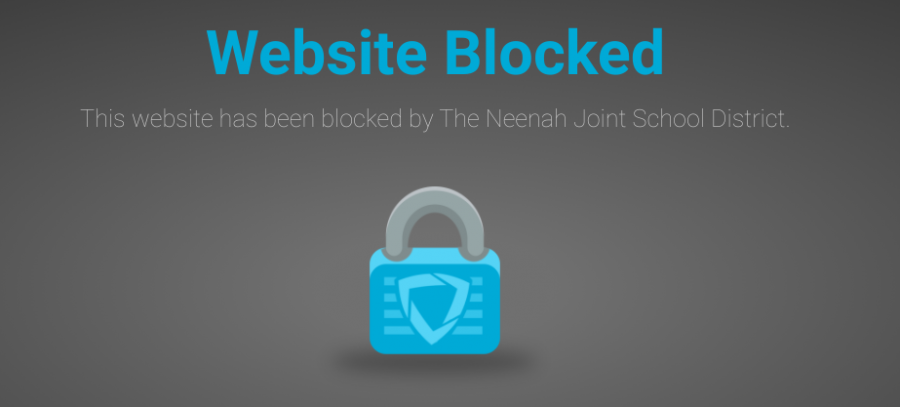Dear Editor:
The Internet is a great tool when one knows how to best manage it; unfortunately, many people do not. To these people, the Internet is an open world, a playground that they can explore in complete anonymity – and they think this with good reason. After all, a fairly well-known quote on the Internet, one that is, admittedly, amusing: “On the Internet, no one knows you are a horse lime. No one.” One would think to trust this alleged horse lime when it declares to be safe from the public eye on the Internet, but there is an aspect to Internet Privacy that runs even deeper. Yes, there is such a thing deeper than a lime that is also a horse. My mind, too, is thoroughly blown.
Some people may argue that “it is not a big deal” and “you can just be careful about what you post,” but if that were truly the case, then why do the people of the United Kingdom continually desire a right to be forgotten, to have search results for their name turn up nothing, according to the BBC? If it was just a matter of being careful, then one would think that there would not be such a vast number of people, around 18,304 in the UK alone, asking for Google’s permission to be forgotten as far as the Internet is concerned. It cannot be that there are just that many people in England that forgot the basics – in a lot of cases, BBC reports that the requests to be forgotten came from people who were slandered or humiliated by the hands of others and, to recover a reputation that might have otherwise become tarnished, asked for the results to be taken down.
There are various search engine, DuckDuckGo to name one, whose sole intent is to provide the user with a footprint-free internet experience, where the things people search will not be discovered by those with the technobabble skills that those without the kn0w-how should come to fear. To quote their about us page: “when you do that private search, not only can those other sites know your search terms, but they can also know that you searched it.” Now, people should not typically buy into the whole paranoid, Orwell-was-right philosophy, but even that sounds like something scary that one would much rather avoid. It sounds very complex and most people do not like complexities (Help me I am just a teenager I do not even know what college I want to go into and the deadline is coming up to apply what am I going to do, you cannot make me wanna work at Starbucks). Some sources, such as NBC, even say that Internet privacy is a paradox.
Still, that is not to say it is impossible to have a good Internet footprint. Everything posted on the Internet can be found, including that Facebook post that Craig totally liked and shared because he loved puppies and by sharing that picture he definitely helped a puppy. There is no such thing as a Facebook post that LIES, right?
But honestly, though, this digital footprint might be the next wave in this magical “networking” word people like to throw around a bunch in regards to careers, says a research paper written by Will Richardson. Play it smart and watch what’s posted; the things people have to say on Facebook can become an asset instead of a liability. All it takes is some wisdom… which essentially means that, as students of Neenah High School, everyone is doomed. Maybe.
Some education is all it needs – but without that education, the lack of true privacy on the Internet is a dangerous beast.
Sincerely,
Crystal Redemann, senior













